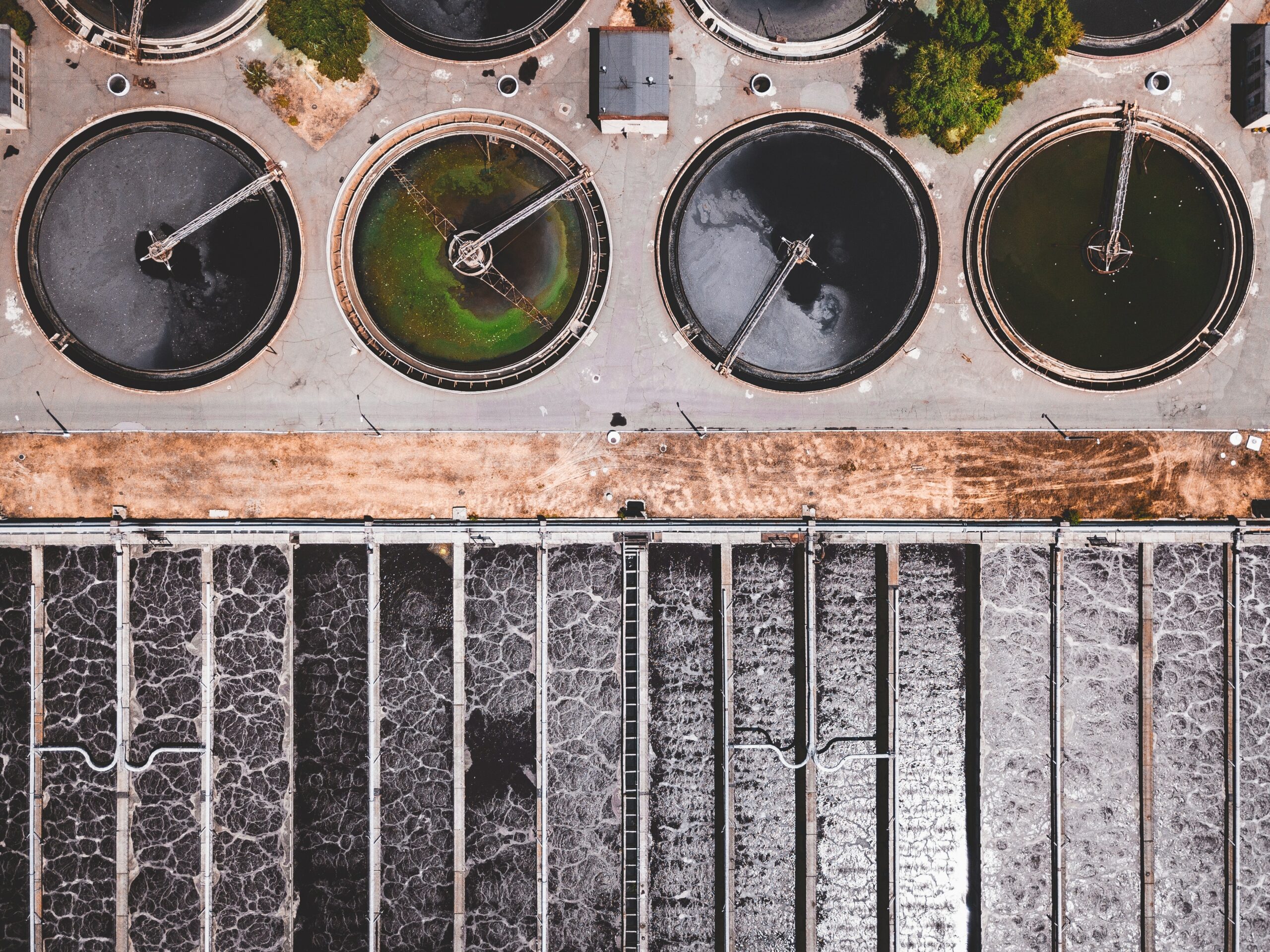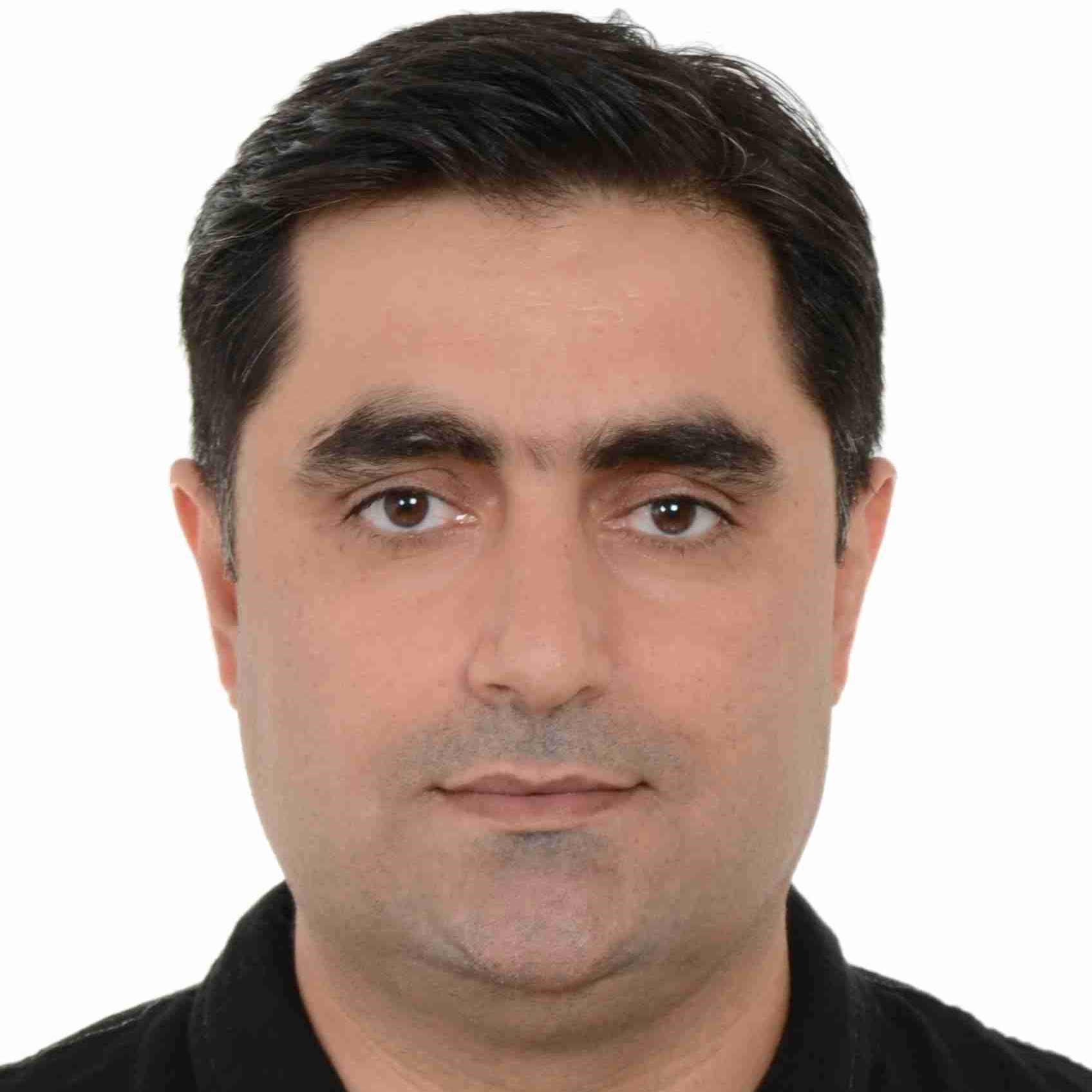
Countries in the Gulf Cooperation Council (GCC) face extreme aridity and water stress, with rapidly depleting groundwater sources necessitating their reliance on less traditional water sources, such as desalination and treated sewage effluent (TSE). The widespread use of desalination in countries such as the United Arab Emirates (UAE) is well-documented. The UAE alone accounts for 14% of the world’s total production of desalinated water and relies predominantly on this method to generate its potable water supply.
Although the UAE diligently treats most of its wastewater and endeavors to incorporate reuse practices, the reuse of TSE remains limited in amount and application, averaging about 60% of treated wastewater that is applied primarily in irrigation and landscaping. Furthermore, while the UAE has successfully established state-of-the-art sewage treatment plants that operate efficiently and adhere to international standards, including effluent guidelines set by the United States Environmental Protection Agency, centralized treatment solutions remain costly and energy-intensive. They also face challenges such as pipe corrosion, the infiltration of highly saline groundwater into the sewerage system, costly installation and maintenance of the system, and the risk of sewerage clogging during sandstorms, among others.
Notably, the UAE has committed to reducing its carbon footprint and is working to achieve net zero emissions by 2050. Expanding TSE reuse and adopting more efficient water treatment solutions would be key to achieving this goal. Innovative sanitation technologies, such as on-site sewage treatment solutions, emerge as practical alternatives that can contribute to achieving the goals set out by the UAE. These solutions have evolved and are now available in different sizes and types, ranging from larger decentralized treatment systems (small-scale in-situ “plants”) to non-sewer closed-loop toilets that recycle and reuse wastewater. Their lower cost, smaller size, faster deployment, and on-site treatment make them viable options in remote areas that are far from urban centers and not connected to centralized sewerage services. In particular, the in-situ feature eliminates the need for costly underground sewer infrastructure and reduces reliance on centrally treated or desalinated water that may need to be transported to the site.
In tandem with advancements in literature and technology related to onsite micro energy generators, research and development teams in sewage treatment are diligently working to improve the performance and feasibility of standalone onsite sewage treatment reactors designed for greywater or sewage.
Recent advancements in small-scale wastewater treatment packages have resulted in resource-efficient and easy-to-maintain configurations suitable for individual villas, large buildings, and small developments. The compatibility of certain systems with affordable photovoltaic systems has mitigated concerns about the electricity cost of decentralized sewage treatment systems. Utilizing these treatment packages becomes more feasible when recycled water is used for toilet flushing, irrigation, or other purposes that do not require potable water. Since tertiary treatment of nutrients is not enforced for facilities that do not discharge effluent into surface water, the concentration of nutrients can be properly adjusted by small-scale sewage treatment solutions according to reuse purposes.
The promotion of on-site water treatment is evident in the United States Green Building Council's Leadership in Energy and Environmental Design (LEED) rating system, which recommends on-site non-potable water supply sources to reduce the burden on municipal supply or wastewater treatment systems. Similarly, Dubai's Al Sa’fat Green Building System advocates for onsite sewage treatment facilities as an effective water conservation technology.
Given that, beyond the high-density urban zones found in GCC countries, including the UAE, the majority of these states consist of low-density areas where access to water supply systems is limited, onsite wastewater treatment systems become imperative. Recreational campsites, remote gas and car service stations, military and border protection stations, and oil fields are locations where onsite sewage treatment is highly encouraged.
Given the increasing pace of enhancement of on-site small-scale sewage treatment reactors, their capability to handle various qualities of wastewater, operational simplicity, and improving affordability, onsite wastewater treatment is now substantially more feasible. Developers, facility operators, building managers, and property investors might find these technologies to be viable choices, especially when supported by up-to-date feasibility studies and cost-benefit analyses.

Dr. Peiman Kianmehr is the Chair of the Department of Civil Engineering and Professor of Civil Engineering at the American University in Dubai (AUD). He accomplished his Ph.D. program at the University of Waterloo-Canada in water resources group. His expertise is in environmental engineering, and sustainable built environment and water treatment. Prior to joining AUD, he worked with Environment Canada, and he also worked as the director of several dam construction and water transmission projects. During his work at AUD, he has published about 40 journal and conference papers in prestigious journals and conference proceedings. He received several awards, including the School of Engineering Excellence in Teaching Award and best paper awards from international conferences held in Montreal, Dubai, Zurich, and Ottawa.